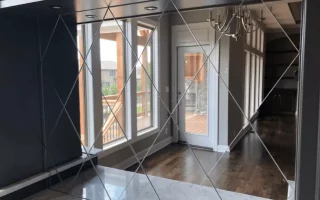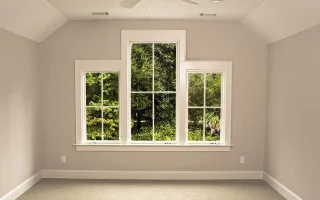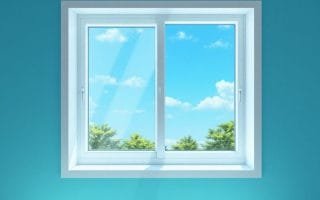Mobile homes offer a unique living experience, combining affordability with mobility. These homes are built in a factory and transported to a specific location, often featuring distinct design elements that set them apart from traditional houses. One crucial aspect of mobile homes is their windows, which play a vital role in both aesthetics and functionality.
Understanding the difference between mobile home windows and regular windows is essential for homeowners and potential buyers alike. Whether you’re replacing old windows or considering a purchase, knowing the specifics can help you make informed decisions.
Understanding Mobile Home Windows
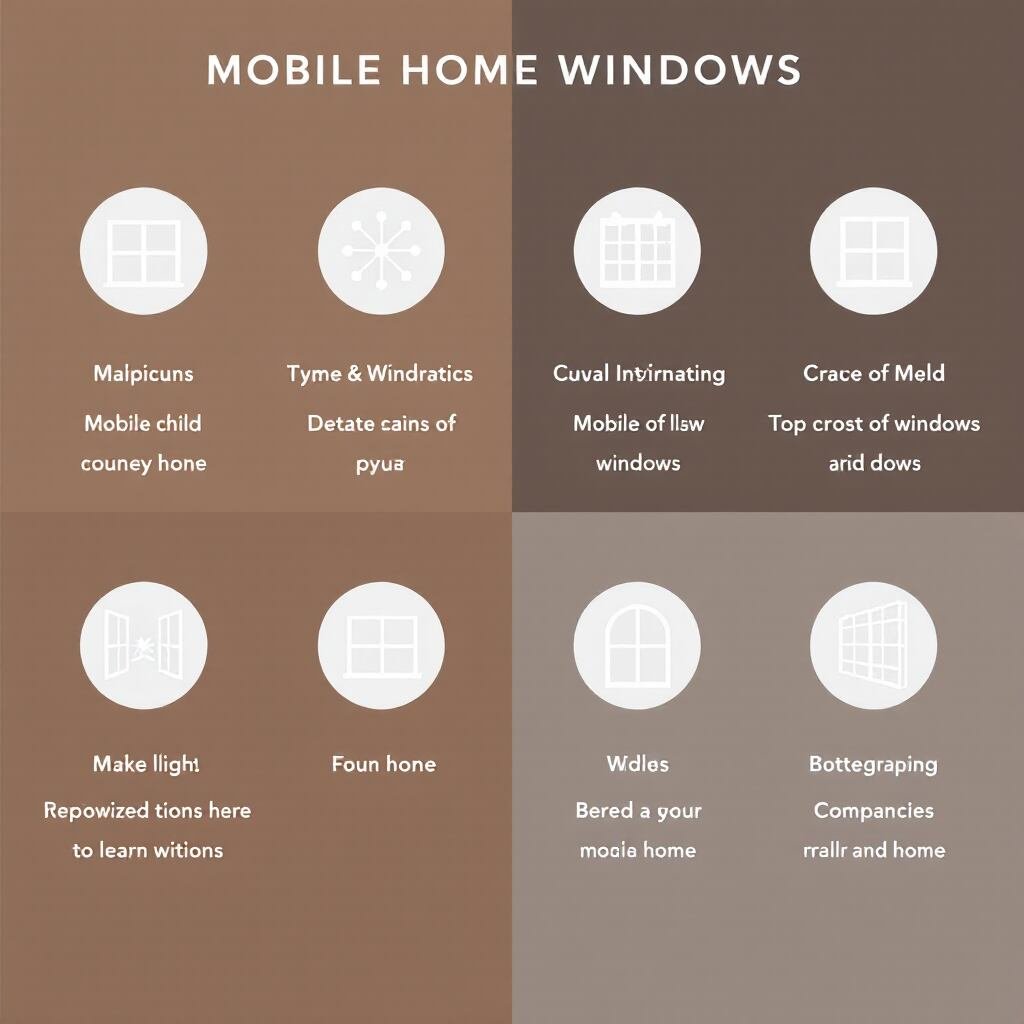
Definition and Purpose
Mobile home windows are specifically designed to fit the unique structure and requirements of mobile homes. Unlike standard windows, which are made for traditional homes, mobile home windows are manufactured to accommodate the specific dimensions and materials used in mobile construction.
These windows serve several purposes:
- Natural Light: They allow sunlight to enter the space, making the interior brighter and more inviting.
- Ventilation: Windows enable fresh air circulation, promoting better indoor air quality.
- Aesthetic Appeal: The right windows enhance the overall look of a mobile home.
Standard Sizes of Mobile Home Windows
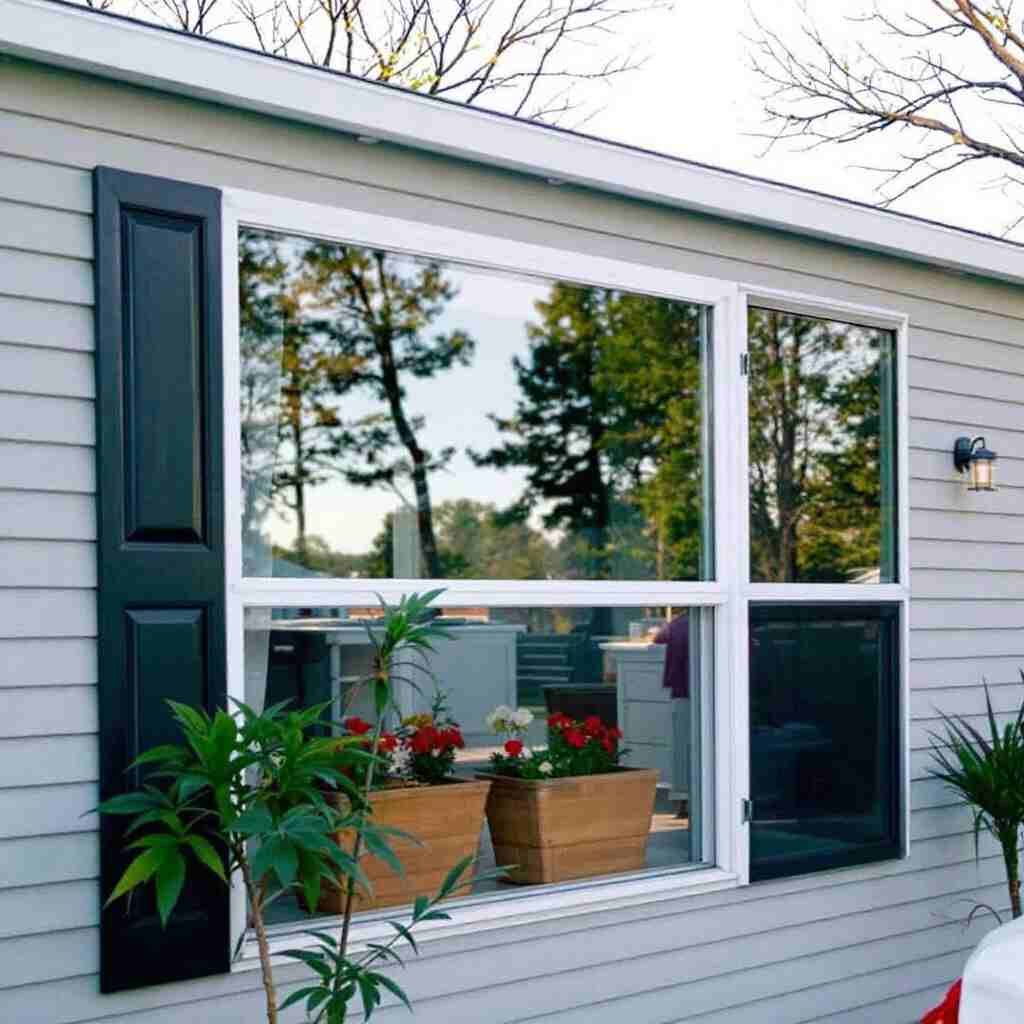
When it comes to standard sizes, mobile home windows typically come in a few common dimensions. Here are some examples:
| Size | Dimensions |
|---|---|
| Standard Size 1 | 30” x 60” |
| Standard Size 2 | 36” x 60” |
| Standard Size 3 | 36” x 54” |
These sizes are different from traditional window dimensions, which often vary greatly depending on the architectural design of a house. Understanding these sizes is crucial for homeowners looking to replace or upgrade their windows.
Types of Windows in Mobile Homes
Common Types of Mobile Home Windows
There are several types of windows commonly used in mobile homes:
- Double-Hung Windows: These windows have two sashes that slide up and down, allowing for versatile ventilation options.
- Sliding Windows: These are designed to open horizontally, making them easy to operate and ideal for areas with limited space.
- Casement Windows: Hinged on one side, casement windows open outward, providing excellent ventilation and an unobstructed view.
Material Choices
The materials used in mobile home windows can significantly impact performance and durability. Here are the main choices:
- Vinyl Frames: These are popular due to their low maintenance, energy efficiency, and resistance to rot and corrosion.
- Aluminum Frames: While more durable than vinyl, aluminum can conduct heat and cold, making them less energy-efficient.
Glass Options
When selecting windows, the type of glass is equally essential. You typically have:
- Single-Pane Glass: While cheaper, single-pane glass is less energy-efficient and provides minimal insulation.
- Double-Pane Glass: This option offers better insulation and energy efficiency due to the air space between the panes.
Comparison with Regular Windows
Size Differences
Regular home windows often come in larger and more varied sizes compared to mobile home windows. For instance, standard double-hung window sizes can range from 28” x 54” to 36” x 62”.
This discrepancy means you can’t always use standard windows in a mobile home without making modifications.
Installation and Replacement
The installation process for mobile home windows differs from that of traditional windows. Mobile homes often have unique framing and structural considerations.
- Mobile Home Installation: This typically requires specialized skills to ensure a proper fit and seal.
- Regular Home Installation: Traditional windows can be installed with more common methods, often needing less customization.
Cost Considerations
When it comes to costs, mobile home window replacements tend to be more affordable than regular home windows. Here’s a brief comparison:
| Window Type | Average Cost |
|---|---|
| Mobile Home Windows | $100 – $300 each |
| Regular Home Windows | $300 – $800 each |
This cost difference can be a significant factor for homeowners on a budget.
Benefits of Standard Size Mobile Home Windows
Ease of Replacement
One of the most significant benefits of standard size mobile home windows is their ease of replacement. Since these windows are manufactured in set sizes, finding a matching replacement is straightforward. This accessibility saves time and reduces frustration during the replacement process.
Energy Efficiency
Modern mobile home windows are designed with energy efficiency in mind. Many feature:
- Low-E Glass: This glass reflects heat and UV rays, keeping your home cooler in summer and warmer in winter.
- Insulated Frames: These help reduce heat transfer, contributing to lower energy bills.
Investing in energy-efficient windows can lead to substantial savings over time, making them a wise choice for any mobile homeowner.
How to Choose the Right Windows for Your Mobile Home
Factors to Consider
When selecting windows for your mobile home, consider these factors:
- Climate Considerations: Choose windows that can withstand the weather conditions in your area, such as high winds or extreme temperatures.
- Aesthetic Preferences: Ensure the style and color of the windows complement your home’s overall look.
Professional vs. DIY Installation
Deciding whether to hire professionals or attempt a DIY installation can be challenging. Here are some pros and cons to consider:
| Hiring Professionals | DIY Installation |
|---|---|
| Expertise and experience | Cost savings |
| Guaranteed workmanship | Learning opportunity |
| Less time-consuming | Potential for errors |
Ultimately, your choice will depend on your comfort level, skills, and budget.
Maintenance Tips for Mobile Home Windows
Regular Cleaning and Care
Maintaining your mobile home windows is vital for their longevity. Here are some best practices:
- Clean Regularly: Use a mild detergent and water to clean the glass and frames. Avoid harsh chemicals that can damage the materials.
- Check Seals: Periodically inspect window seals for leaks or wear and replace them as necessary to maintain energy efficiency.
Signs of Damage to Watch For
Be vigilant for these common issues that may arise with mobile home windows:
- Condensation Between Panes: This indicates a seal failure in double-pane windows.
- Drafts: Feel for cold air coming through the edges, which suggests that the seals may have deteriorated.
Addressing these issues promptly can prevent further damage and maintain your home’s comfort.
Frequently Asked Questions
Can I Use Regular Windows in a Mobile Home?
While it’s technically possible to use regular windows in a mobile home, it often requires modifications to the framing. It’s generally best to stick with mobile home windows for a proper fit.
What Are the Best Materials for Mobile Home Windows?
Vinyl is often recommended due to its durability and energy efficiency. Aluminum is also a good option but may not provide the same level of insulation.





